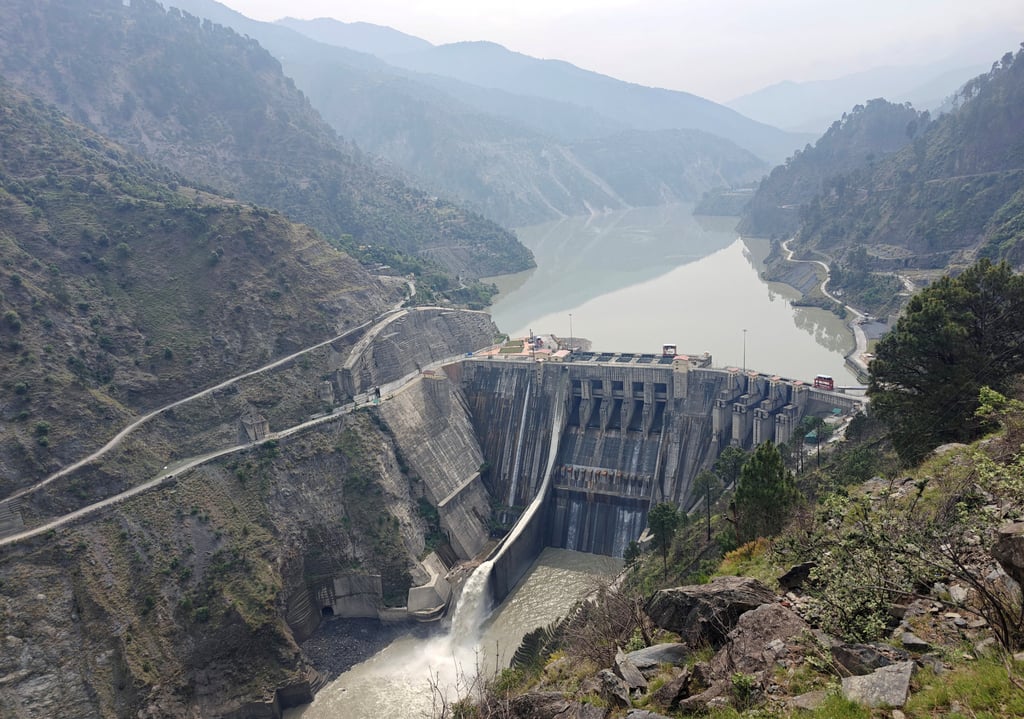Carbon dioxide emissions are expected to peak globally next year, marking a turning point in the energy transition, with Asia set to play a prominent role in decarbonisation.
Advertisement
The findings were revealed in a report by Rystad Energy released on Thursday, which noted that while the shift to renewable energy had gained momentum, peak oil demand was set to occur only by the 2030s, with near-term demand for fossil fuels including gas likely to be resilient.
Emerging countries such as Pakistan and Thailand are among leaders in renewable energy adoption, putting the world on track for a 1.9 degree Celsius temperature rise by 2100 – below the upper range of the 2015 Paris Agreement.
While the world moves from growth to decline in emissions, the report urges faster deployment of renewables to limit warming to 1.5 degrees or the lower range of the Paris deal.
By 2030, low-carbon sources were expected to capture 46 per cent of all energy investment, compared with 30 per cent for fossil fuels, with electricity grids accounting for 24 per cent, the report said.

Asia dominates low-carbon energy deployment across all major technologies, accounting for 65 per cent of solar, 64 per cent of wind, 48 per cent of hydrogen, and 41 per cent of battery investment in 2025.

